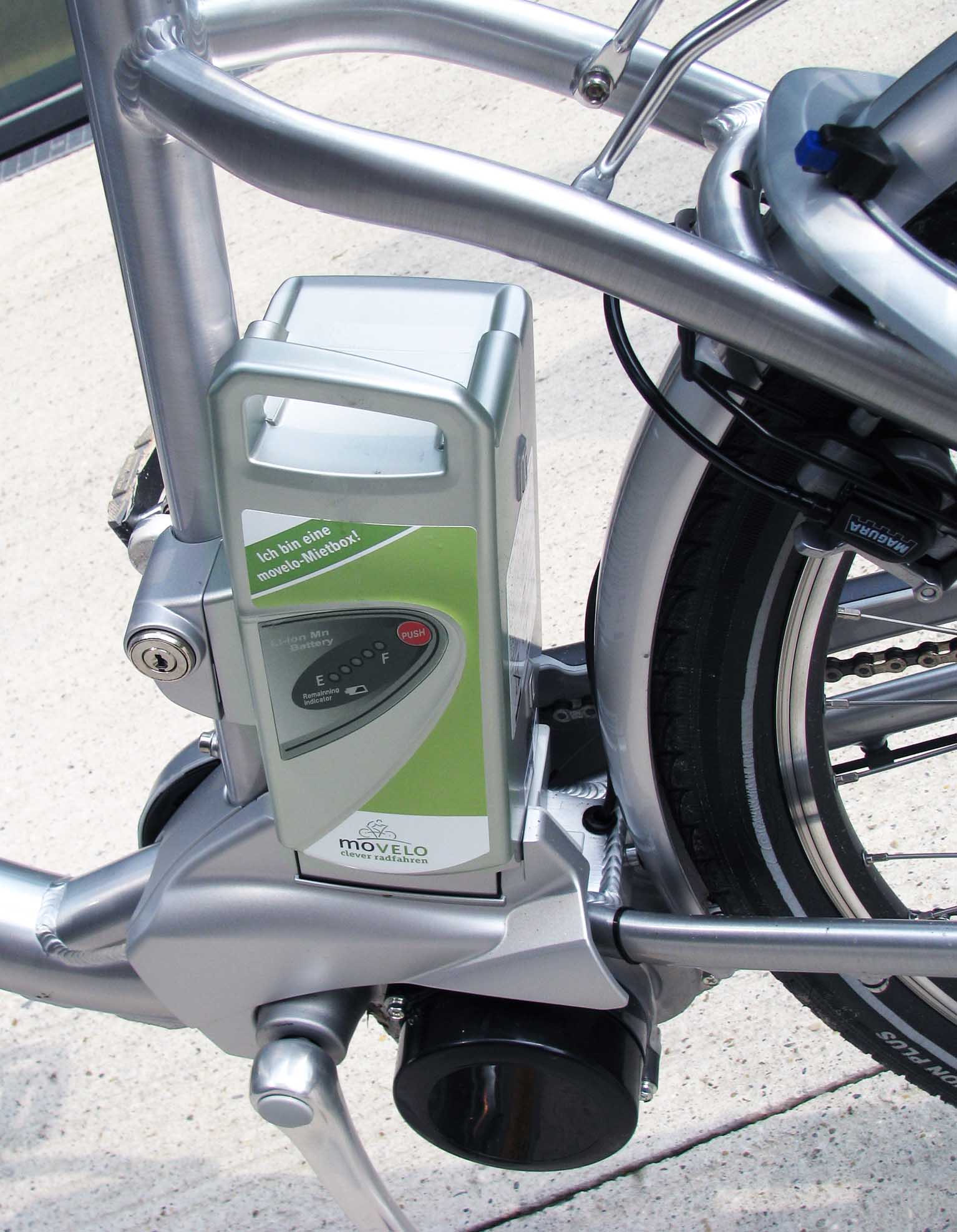
Stopping Malta from moving backwards: The distinction between pedelecs and motorized bikes
Media uproar and public backlash after an accident in Malta runs the risk of seriously hampering cycling when a motorbike accident injured an elderly pedestrian.
On 10 July 2013 on Fleur-de-Lys Road in Malta an elderly pedestrian was struck down by a petrol powered motorbike leaving the individual critically injured. In the following days a petition surfaced calling for the regulation of electrically assisted bicycles supported by Transport Malta.[i]
There has been much discrepancy and misinformation since the bike involved in the accident was not a pedelec, rather a petrol fuelled motorbike. There are major differences between the two. Under EU regulation EC Directive 2002/24/EC[ii], a pedelec has a speed limit of 25 kph and a power output of 250 Watts, about the same as a good, experienced cyclist. All other motorised two wheelers, including the motorbike in this accident, will have higher speeds and higher powers.
The EU, and the ECF for that matter, consider pedelecs to be a very sustainable and healthy mode of urban transport especially for the elderly or those who wish to become more physically active.
If Malta decides to place pedelecs under the same road regulation category as more powerful motorbikes they will do more harm than good. ECF policy officer Ceri Woolsgrove says, “The EU makes a clear distinction within type approval between sub 250 electric pedelecs and all other powered, two wheeled vehicles; they are not the same. It is crucial that within national borders road regulations reflect that. Pedelecs are safe,low-powered, active forms of sustainable transport and should not be confused with higher powered vehicles. Pedelecs are assisted bicycles, are as comparably safe as bicycles and should be treated as favourably as bicycles if we are to move towards more sustainable, active forms of transport”
Cycling in Malta is already struggling. James Wightman of the Bicycle Advocacy Group (BAG) complains, “Not only have we done very little to promote cycling in the last 5 years, we sit at the bottom of the EU bike-friendliness list, and now we’ve actually taken a step backwards.”
Wightman predicts that coupling pedelecs with mopeds would lead to an increased modal share of the latter and decrease of the former. The BAG is working vehemently to better inform Transport Malta on the stark difference between pedelecs and motorbikes to ensure that Malta does not take any more steps backwards.
If the Maltese really wish to increase safety significant investments should be made in cycling infrastructure.
Providing space for cycling, walking, pedelec users and all active forms of transport is crucial, as is lowering speed limits, and changing laws for cars, motorbikes and trucks. The perceived clash between bikes and pedestrians is a red herring in reality. The real threat to pedestrians (and other road users) comes from motorised transport as can be seen in these stats below from the UK
Figure 1.UK 1998 – 2008 total pedestrian fatalities and injuries in crashes with bicycles and cars–over ten year period From here[iii]
The situation in Malta is still unfolding. The BAG and other Maltese cyclists will continue their work to ensure the future and safety of cycling on the island. For the time being we suggest you check out their petition here.
For more information about the situation and pedelecs in Malta the BAG has a recent study found here
Additionally a presentation from the BAG can be viewed here.
[iii]http://www.publications.parliament.uk/pa/cm200809/cmhansrd/cm090126/text/90126w0003.htm#09012627000041
About the Author
Gregory Markus is a Communications Assistant at the ECF. He just received his Masters in European Studies from the University of Amsterdam. He currently lives in Amsterdam and is learning how to ride his bike no-handed.
- See more at: http://ecf.com/news/rtf-recognizes-importance-of-speedlimits/#sthash.Ax4...
About the Author
Gregory Markus is a Communications Assistant at the ECF. He just received his Masters in European Studies from the University of Amsterdam. He currently resides in Amsterdam.
- Log in to post comments
Contact the author
Recent news!
Upcoming events
Contact Us
Avenue des Arts, 7-8
Postal address: Rue de la Charité, 22
1210 Brussels, Belgium










